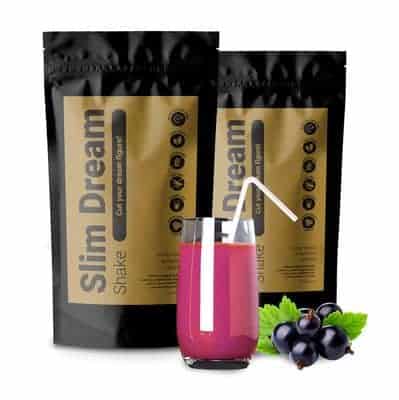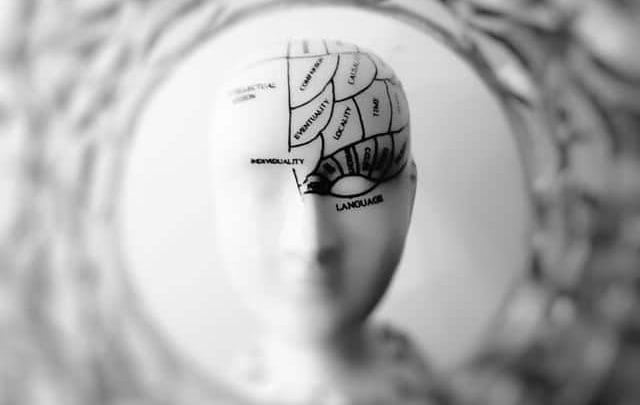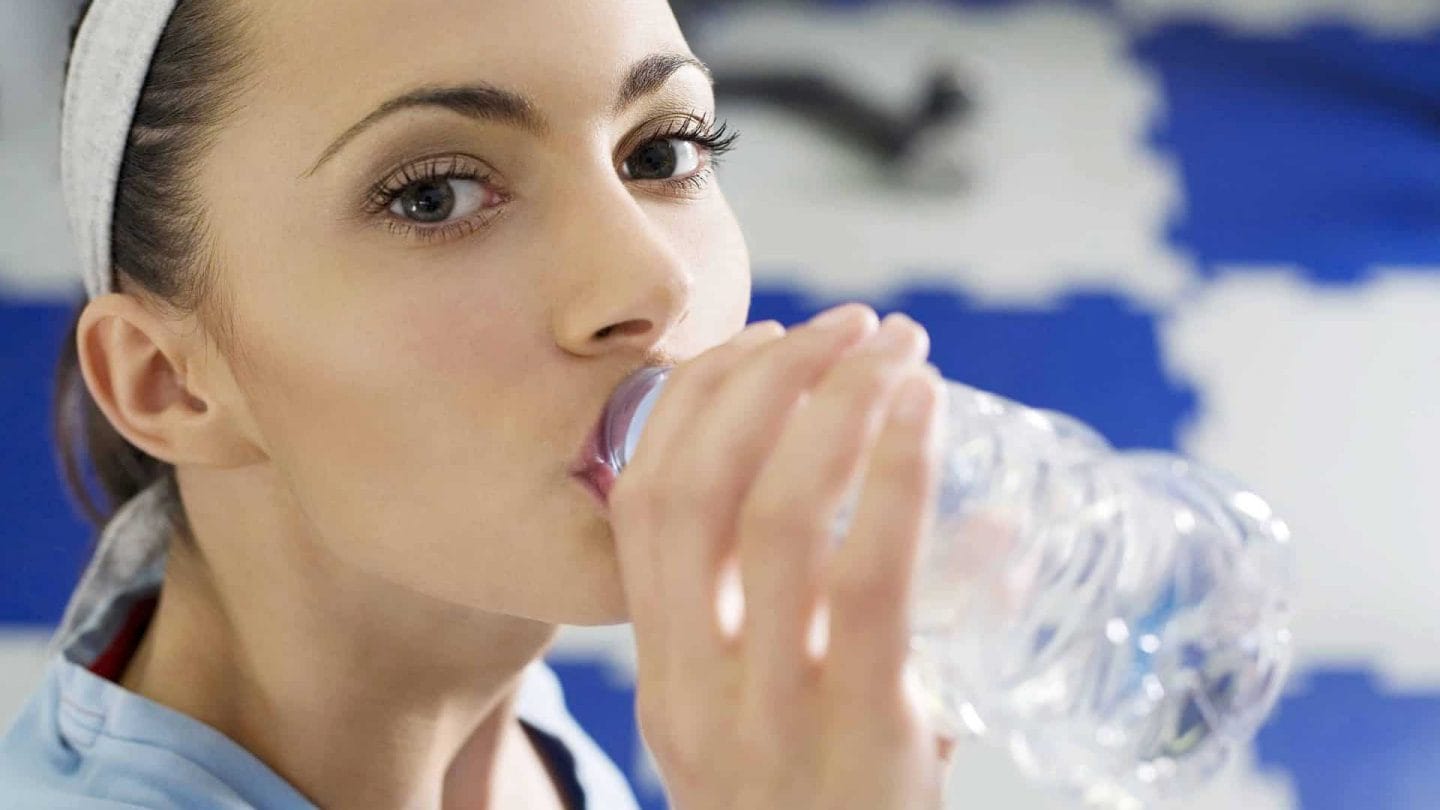
Electrolytes – what are they, how to recognize their deficiency?
Electrolyte deficiency is associated with Deficiency is connected with many unpleasant consequences for our organism. There are situations in which we lose valuable vitamins and minerals very quickly. vitamins and minerals, unfortunately it often happens that we forget to replenish them. to replenish them. This also has to do with electrolytes. When attention should be paid to their amount in the body, how to supplement deficiencies and how to prevent them. deficiencies and how to prevent them?
Contents
What are electrolytes?
Electrolytes are aqueous solutions of such compounds as potassium, magnesium, calcium or sodium, as well as chlorides and phosphates, which are necessary for proper functioning. They play a role of a transmitter of nerve impulses in our body, so their insufficient amount disturbs these processes.
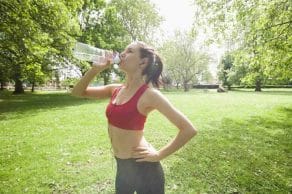
The role of electrolytes is to regulate the water balance in the body. They are positively or negatively charged substances, which means that they attract water molecules and help transport it through muscles and tissues. They are essential for proper functioning of the brain, nervous system, and cardiovascular system. The main danger of electrolyte deficiency is dehydration.
Dehydration – what is it?
Dehydration is a condition of the body which is very dangerous especially for children and elderly people. However, adults and adolescents should not underestimate it either. Dehydration is a sign of insufficient amount of electrolytes, due to which the water-electrolyte balance is seriously disrupted. The symptoms are weakness, constant tiredness, fainting, hallucinations, sometimes nausea and vomiting.
We can divide dehydration into three types:
- hypertonic – greater loss of of water than of electrolytes;
- hypotonic – greater loss of of electrolytes than water;
- isotonic – loss of of electrolytes and water is similar.
When do we lose the most electrolytes?
There may be several reasons for dehydration. It is often connected with hot weather and too long stay in the sun. too long in the sun. The body uses more water then, electrolytes are also excreted with sweat. are also excreted with sweat. In order to prevent the loss of electrolytes In order to prevent the loss of electrolytes during high temperatures, one should water or isotonic drinks.

Another frequent cause of dehydration are diarrhoea and vomiting, during which many valuable components are lost. Treatment of gastric flu is largely associated just with the consumption of electrolytes, which are to balance the water balance of the body.
Increased loss of water and minerals occurs also during intensive physical effort. In order to avoid overtraining and the associated dehydration, athletes are recommended to drink large amounts of water, and there are also special electrolyte drinks for physically active people.
Electrolytes – effects of deficiency
Apart from dehydration, a deficiency of electrolyte deficiency can be characterised by:
- muscle trembling;
- general weakness;
- decreased concentration;
- diarrhea or constipation;
- swelling.
How to replenish electrolytes?
Electrolyte deficiency can be can be supplemented with food and fluids. Their correct concentration is shown in the table below:
sodium: 3250 mg/l, 142 mmol/l,
potassium: 156 mg/l, 4 mmol/l,
calcium: 100 mg/l, 2.5 mmol/l,
magnesium: 24 mg/l, 1 mmol/l.
The best ways to replenish electrolytes are:
- drinking highly mineralized water;
- drinking isotonic drinks;
- use of specially specially prepared electrolytes in powder or tablets for dissolved tablets;
- consumption of tomato juice;
- taking vitamin tablets;
- eating foods with a high foods high in potassium, calcium, magnesium.
Electrolyte supplements – when is it worth to have them with you?
In situations of increased excretion of electrolytes it is worth to have special electrolytes for dissolved electrolytes or isotonic drinks containing a range of vitamins and minerals. and minerals.
It is recommended that everyonehas at home electrolytesin powder or tablets, which are useful during hot weather or in the event of dehydration due to vomiting and diarrhea. Such supplements have a longer shelf life and we can Such supplements have a longer shelf life and can be easily stored in the first aid kit at home. They are easy to prepare and contain all necessary electrolytes. electrolytes. In a quick and simple way they help to balance water-electrolyte balance of the body.
Isotonic drinks
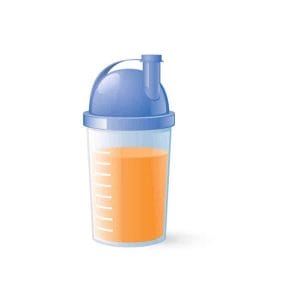
Isotonic drinks, i.e. electrolytes for athletes, can be found in every gym, in shops with supplements, as well as in ordinary markets. Drinks rich in vitamins and minerals are worth having with you during the workout in order to replenish losses during the effort.
It’s a good idea to replenish electrolytes not only during strength training, but also during endurance training (especially of high intensity, such as HIIT or Tabata). Isotonic drinks are also useful during prolonged cycling, running and also after training at the swimming pool.
Check also: Way to model your body – exercises with dumbbells
Composition of isotonic drinks – what should they contain?
Electrolyte drinks are often used by athletes to replenish the loss ofelectrolytes during training. These special isotonic drinks are intended to influence strength and energy and accelerate regeneration. Let’s see what is contained in such drinks.
Electrolytes
Isotonic drinks mainly consist of mainly electrolytes and other vitamins and minerals, which support proper functioning during and after exercise. Regardless of whether you choose liquid isotonic drinks or dissolvable supplements, they are characterised by a large dose of of valuable substances, thanks to which we can avoid the unpleasant effects unpleasant experiences related to their loss.
Sugars
Many people avoid them like hell, meanwhile it is glucose that is responsible for absorption of water from small intestine, improving the process of its replenishment. A drink with more carbohydrates will also help to replenish calories after a hard workout, which helps build muscle mass. Not all isotonic drinks contain sugars, but if you opt for this type, you should look carefully at their content. Too much simple sugars can slow down the metabolism and disrupt electrolyte replenishment.
Caffeine
A substance which gives us a good kick and provides the will to act. Isotonic drinks often contain this ingredient, but not only to stimulate the body. Studies have shown that caffeine participates in the replenishment of glycogen after exercise. There is also evidence that it aids in fat burning.


